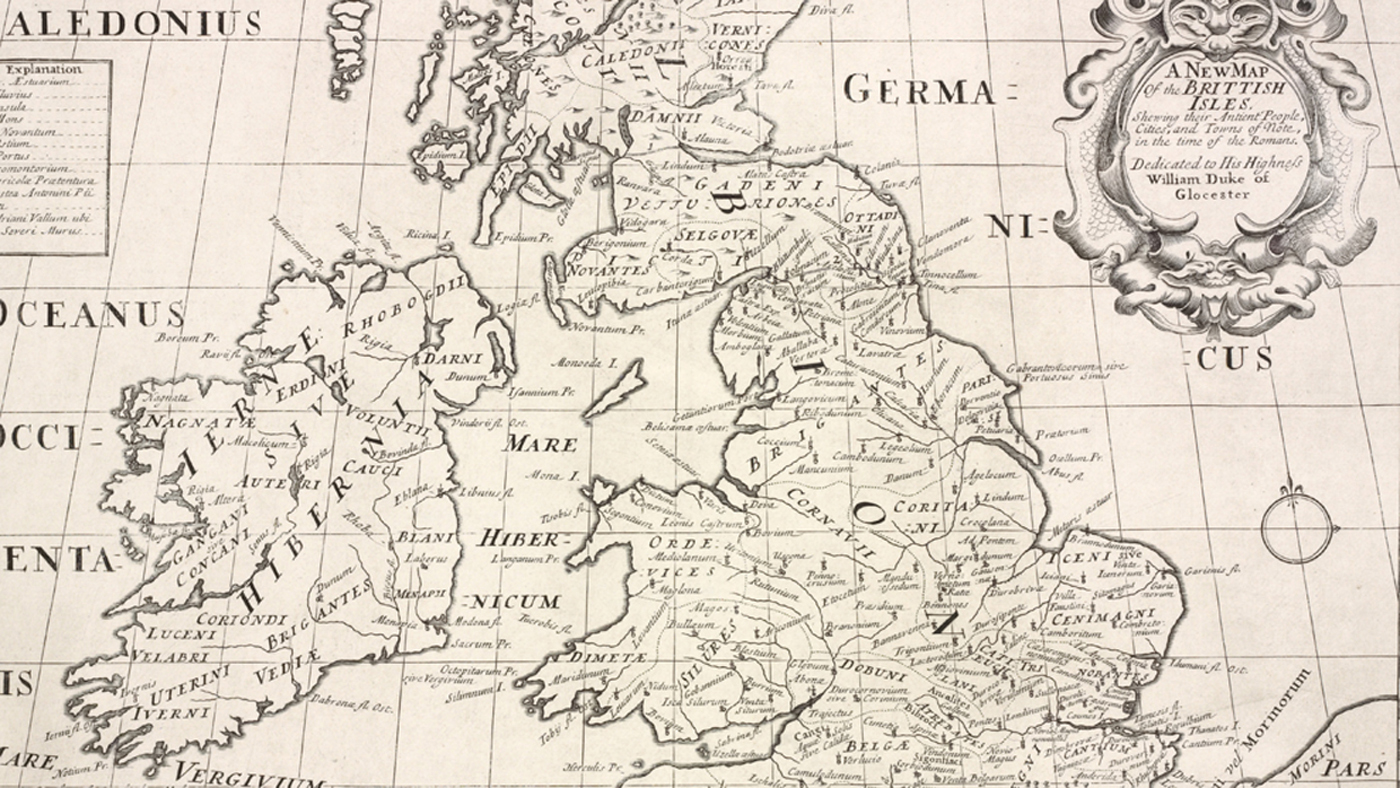We don't know exactly when the first Christian missionaries arrived in Britain. But England's first church historian, the Venerable Bede reports in his History of the English Church and People that in 156, during the reign of Roman emperor Marcus Antoninus, a British king named Lucius wrote Pope Eleutherus in Rome requesting instruction in the Christian faith. (Historians contest this date, pointing out Eleutherus did not become pope until 171 at the earliest.) Bede writes: "This pious request was quickly granted, and the Britons received the Faith and held it peacefully in all its purity and fullness until the time of the Emperor Diocletian."
Christians remember Diocletian, Rome's thirty-third emperor, for his infamy in unleashing the Great Persecution of Christians in 303. Since Christians were more populous in the eastern part of the empire, Diocletian directed much of his venom there. But British Christians did not escape either.
Bede tells the story of a pagan named Alban, who sheltered a priest fleeing the persecution. Alban admired the priest's example of faith and devotion, and he embraced Christ. Roman soldiers then discovered where the priest was hiding and tried to arrest him. But Alban offered himself instead, and the local judge placed him on trial. When Alban refused to renounce his faith, the judge sentenced him to death by decapitation.
Miraculous signs apparently accompanied Alban's martyrdom—Bede tells us a river Alban crossed dried up, and when he asked for water, a spring "bubbled up at his feet." Upon seeing this, his appointed executioner converted to Christianity and refused to kill the saint; his replacement, moreover, "was not permitted to boast of his deed, for as the martyr's head fell, the executioner's eyes dropped out on the ground."
A decade later, the newly crowned Constantine put an end to the persecution. By then, the church in Britain was sufficiently organized to send representatives to the Council of Arles in 314, which resolved what to do with apostates from the faith during Diocletian's reign.
Rome's adoption of Christianity was no panacea for the church—a century later, Britons would suffer invasions from Anglo-Saxon armies and flee to the island's western fringes. But the Christian faith was now firmly planted in British soil.
Steven Gertz is editorial coordinator of Christian History.
Copyright © 2003 by the author or Christianity Today/Christian History magazine. Click here for reprint information on Christian History.









